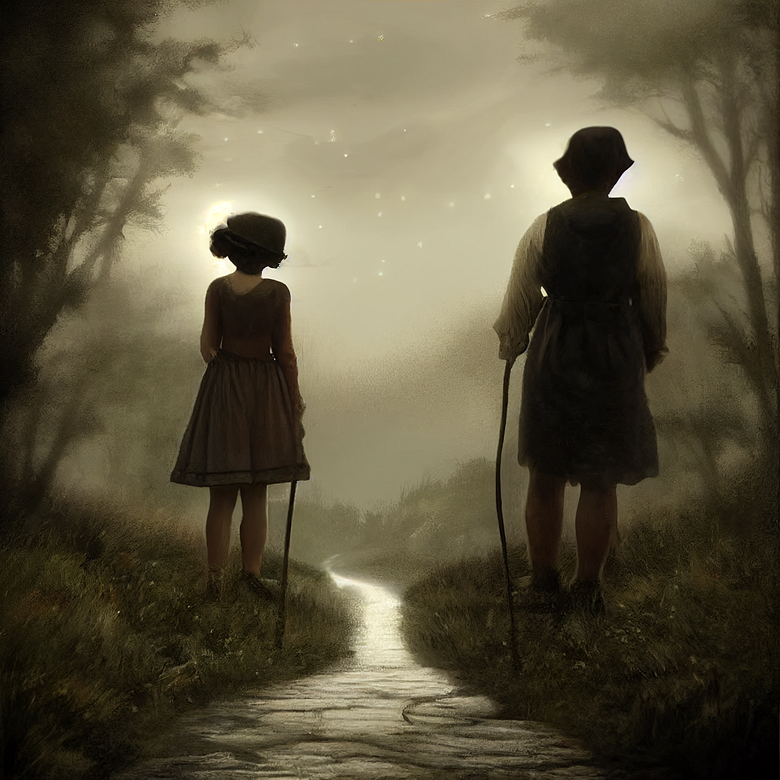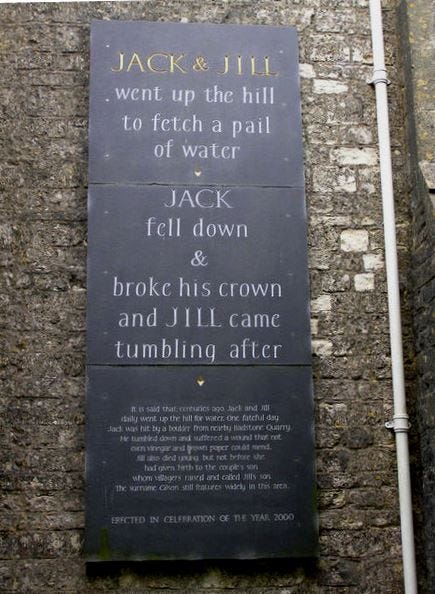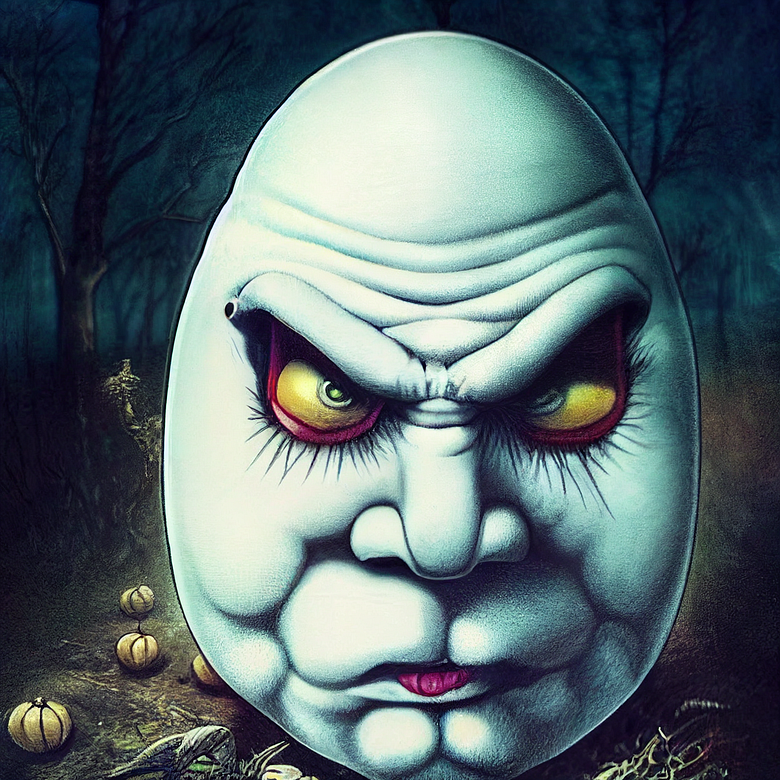
We fondly remember nursery rhymes from our childhood. I’m sure you can even recall most of them by heart, or at least hum along when it pops up from time to time.
But did you ever stop to wonder where these ancient rhapsodies came from? Turns out, a lot of them are a strange form of remembering famous events.
Or more appropriately, infamous.
Let’s dig into the stories behind 5 surprisingly dark nursery rhymes.
5 Dark Nursery Rhyme Origins and Meanings
1. “Ring Around the Rosie” Meaning
Ring-a-round the rosie,
A pocket full of posies,
Ashes! Ashes!
We all fall down.
A group of children clasp hands and run, skip, or flail in a circle having the time of their young lives. The last line is then sung, and they all fall to the floor in a fit of giggles.
A sweet memory for many of us.
Not so sweet of an origin story.
Hint: It’s not referring to a rose tree as the center of the circle.
It was a rosy rash — one of the symptoms of the Black Death in the 14th century!
A pocket full of posies? Many people carried sweet-smelling flowers in their jackets to cover up the dreadful smell of dead bodies everywhere.
Ashes? Take your pick from cremation, burned houses, or blackened skin. It most likely refers to one of those.
To end it off, we all fall down — after succumbing to the plague.
Lovely.
2. “Jack and Jill” Meaning

Jack and Jill
Went up the hill
To fetch a pail of water
Jack fell down
And broke his crown,
And Jill came tumbling after.
A lovely romp to sing as a kid, we all know this one. And while there are many theories of the origin of the rhyme, the following has at least some evidence of being the right one.
There’s a small old town in England called Kilmersdon where a young couple once lived. As they didn’t have a place to do the deed in town, they’d often run up the local hill for some privacy and to fetch a pail of water.
Wink, wink.
The story goes the boy — presumably named Jack — was struck by a dislodged boulder from the nearby quarry. After his unfortunate demise, his beloved Jill died of heartbreak or during childbirth.
Apparently, this wasn’t their first trip up the hill.
Their child was raised by the villagers and known as Gill’s son. Incidentally, the surname of Gilson is still quite popular in the area.
The town has a few monuments commemorating the hill and you can retrace their steps up it.

3. “Humpty Dumpty” Meaning

Humpty Dumpty sat on a wall,
Humpty Dumpty had a great fall.
All the king’s horses and all the king’s men
Couldn’t put Humpty together again.
While this one sounds like an unfortunate egg a king was quite fond of, it’s definitely not.
There are a few prevalent theories:
1. Humpty Dumpty used to mean a short, clumsy person who was often full of ail.
And as drunks are known for stumbling, they wouldn’t have the best balance during their drunken escapades.
2. Humpty Dumpty was the nickname of a massive cannon manning the city wall of a town called Colchester.
The city suffered a siege in 1648 during a massive civil war. The story goes a bombarding cannon shell landed just below Humpty Dumpty and caused it to crash. The soldiers and their horses attempted to raise it back up to another section of the wall and failed. Tada.
3. Humpty Dumpty was actually King Richard III.
He was often portrayed as having a hunch-back, even by Shakespeare. Although this was possibly meant to diminish him in death, the idea stuck.
How did King Richard III die?
He led a horseback charge into a huge battle with the Tudors and died in the midst of it.
When they unearthed his body in 2013, his skeleton revealed 8 massive blows to his head, implying he lost his helmet and his shell.
4. “Three Blind Mice” Meaning
Three blind mice. Three blind mice.
See how they run. See how they run.
They all ran after the farmer’s wife,
Who cut off their tails with a carving knife,
Did you ever see such a sight in your life,
As three blind mice?
Already a dark song that is strangely joyfully sung by children all over, the origins of this one are a bit more royal.
The three blind mice?
In this version, they were actually three bishops of the Anglican faith. Blind because they weren’t following their queen’s preferred religion of Catholicism.
And as their queen — who had the cute nickname of Bloody Mary — was quite fond of burning people alive at the stake, she obliged these bishops as well. And around 250 other unfortunate souls.
It’s unknown if a carving knife cut off their front tails beforehand. Either way, no thanks.
5. “London Bridge is Falling Down” Meaning
London Bridge is falling down,
Falling down, falling down.
London Bridge is falling down,
My fair lady.

This one has a few possible explanations. One theory is the rhyme refers to an attack on London by the Viking Olaf II of Norway in roughly 1014.
While the assault itself is somewhat debated, the idea is they managed to destroy the bridge but not take the city.
In this case, the Fair Lady reference could be to the Virgin Mary, whose traditional birthday takes place on the same day as the attack, the 8th of September.
A darker theory is the bridge was built and withstood the test of time only because of a fair lady protecting it.
Who was this angelic fair lady?
A child sacrifice — possibly alive — in the very foundations of the bridge.
Fortunately for your dreams tonight, there’s no evidence of human remains in the structure.
Oh, and that London bridge, or at least some of its remnants, is now located in…Arizona.
For some reason.
Want more fun stories? Join Pryor Thoughts for free today!





